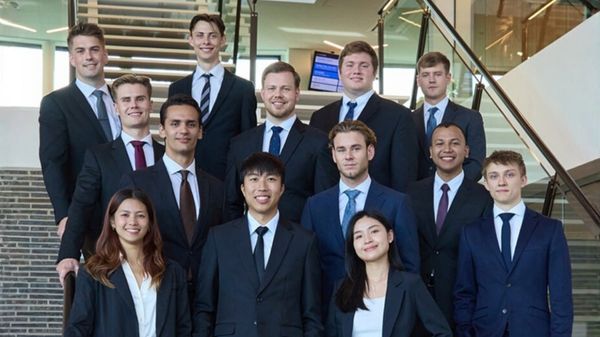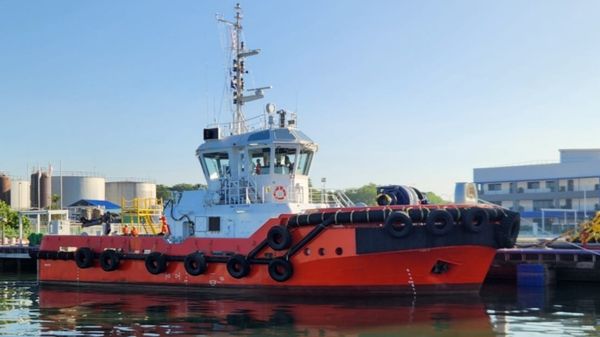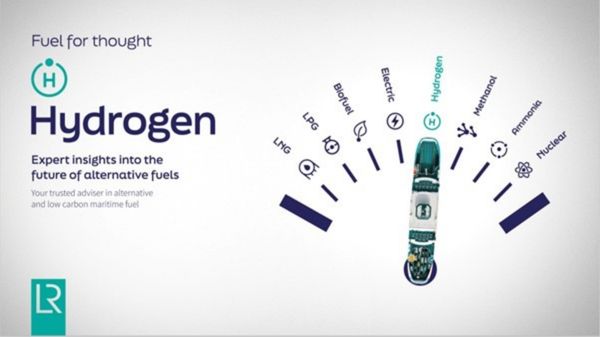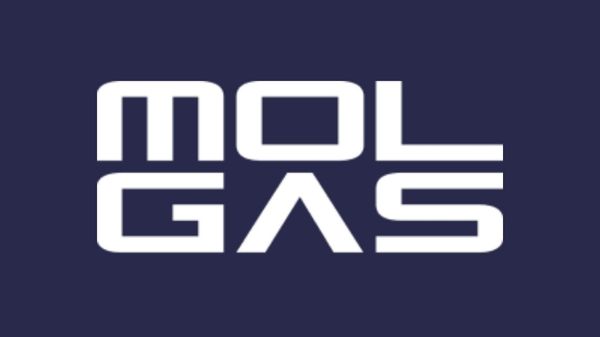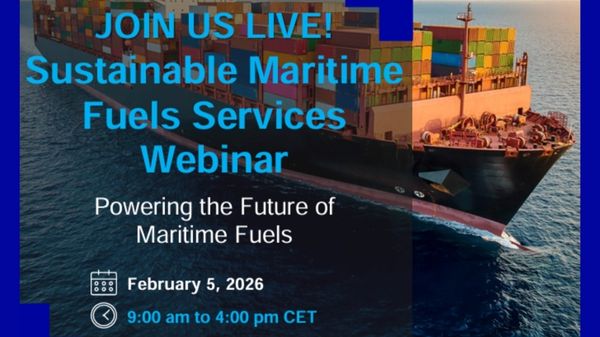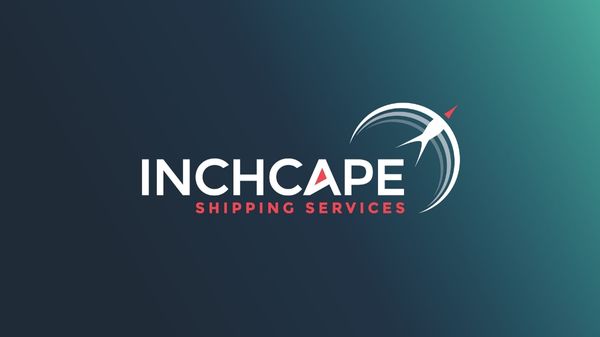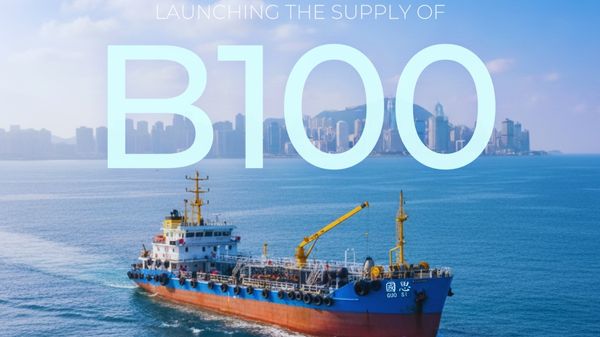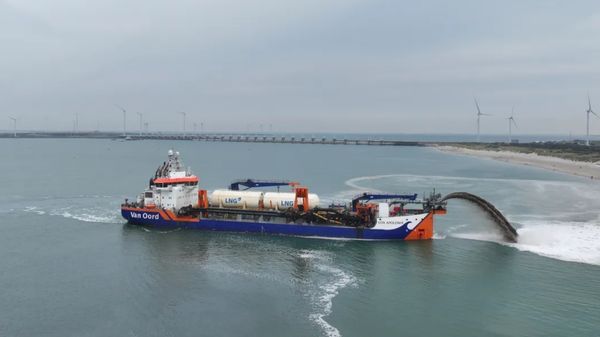Leading international classification society
Bureau Veritas says continuing pressure on environmental emissions, coupled with rising oil prices, puts a new focus on operational efficiency.
Writing in the
Bureau Veritas Marine Business Review 2011 Bernard Anne, managing director of BV’s Marine Division says, “Efficiency has to take on a new meaning. To be efficient means more than optimising a ship to burn less fuel when loaded and at its design service speed. It must burn less fuel and cleaner fuel across a wide range of loading conditions and a wide range of speeds.
“To be efficient means more than saving fuel, it means burning the right fuel in the right place, making a pathway for the use of gas, nuclear and fuel cell solutions. To be efficient means operating the ship in the optimum way for every environmental condition, and that means having crew with the right training, the right support and the right feedback on operating conditions to make the right judgements. And to be efficient above all means operating without incident, without pollution, without breakdown, and without loss of life.
“Class can help with that quest for new levels of efficiency. We can facilitate and act as a catalyst at every level, measuring what happens now, predicting what effect changes will have, injecting knowledge and technical expertise and sharing development with academics and industry. And we can verify the outcomes, making sure they are safe. It is easy to build an underpowered, slow and fuel-efficient ship, but much more difficult to build a safe and fuel-efficient ship. And that is the role of class, at its most basic - to keep thing safe. We are there.”
Looking back over the previous year’s performance, Anne said, “We invested heavily in Arctic and offshore research and development to ensure that the best tools and experienced people were right there with the offshore operators and developers, helping them quantify and control risks, finding the optimum solutions that meet all the definitions of efficiency. Not the fastest, not the easiest, but the best and safest way to do things. That’s what we delivered in 2010.”
During 2010, BV’s classed fleet grew strongly to over 9,400 ships. “Our newbuilding order book doubled on the new orders from the year before. And we were entrusted with key contracts in the offshore field, such as the verification of the northern Norway Goliat FPSO and field, including all subsea systems. Our investment in research and development and links with key universities grew strongly, as we aligned the interests of academics, industry and class to work towards new and more efficient ways to do things at sea and in offshore energy,” continued Anne.
Key points from the Marine Business review relevant to the marine fuel industry include:
* BV worked on projects to bring gas fuel for ships into reality, and on a specific project to help cruise vessels use LNG in ports.
*A Green Rating system based on BV’s experience in rating energy-efficient buildings adapted for shipping was published to help owners and charterers rate and manage the energy efficiency of ships.
* Work began on developing a nuclear-powered bulk carrier.
Other key points from the review are:
* During 2010, BV’s classed fleet grew to a record 9,493 vessels totalling over 76.46m gt. The growth came from a large number of newbuildings and also a substantial transfer-in of ships in service. The ships in service being moved to BV class were of a low average age, which brought down the average age of the fleet once more.
* Newbuilding orders entrusted to BV class doubled on 2009 to 9.5m gt, with a healthy presence in every ship type, every shipbuilding country and with every significant cluster of owners.
*BV published new Rules for Offshore Floating Gas Units and saw several major FLNG projects come to fruition with BV assistance.
* BV updated its AIMS asset integrity management system and delivered the first integrated AIMS plan covering topsides and hull with risk-based inspection and maintenance, on the FPSO Pazflor.
* BV published guidance on Risk-Based Verification and Classification of Offshore Units and won a major third party verification contract from ENI Norway for the development of the Goliat field off northern Norway. The verification covers an innovative FPSO design, subsea systems and risers and electrification.
* BV published new Polar Rules and guidance on ice structure interaction. The rules cover vessels able to operate without icebreaker assistance in the high Arctic and Caspian Sea and are intended to speed oil and gas development. A new ice loading and structural interaction tool, IceSTAR, was developed with St Petersburg University.
* Guidelines for Offshore Floating Wind Turbines were developed and published and BV invested in a number of renewable energy development projects.
* Guidelines for Ultra Large Containerships were devised and published, and BV took leadership of key projects investigating whipping and springing in very large open ship structures.
* BV published rules on the classification of mooring systems for offshore structures, and its consultancy arm Tecnitas won contracts to design anchors and moorings for deepwater offshore units.

